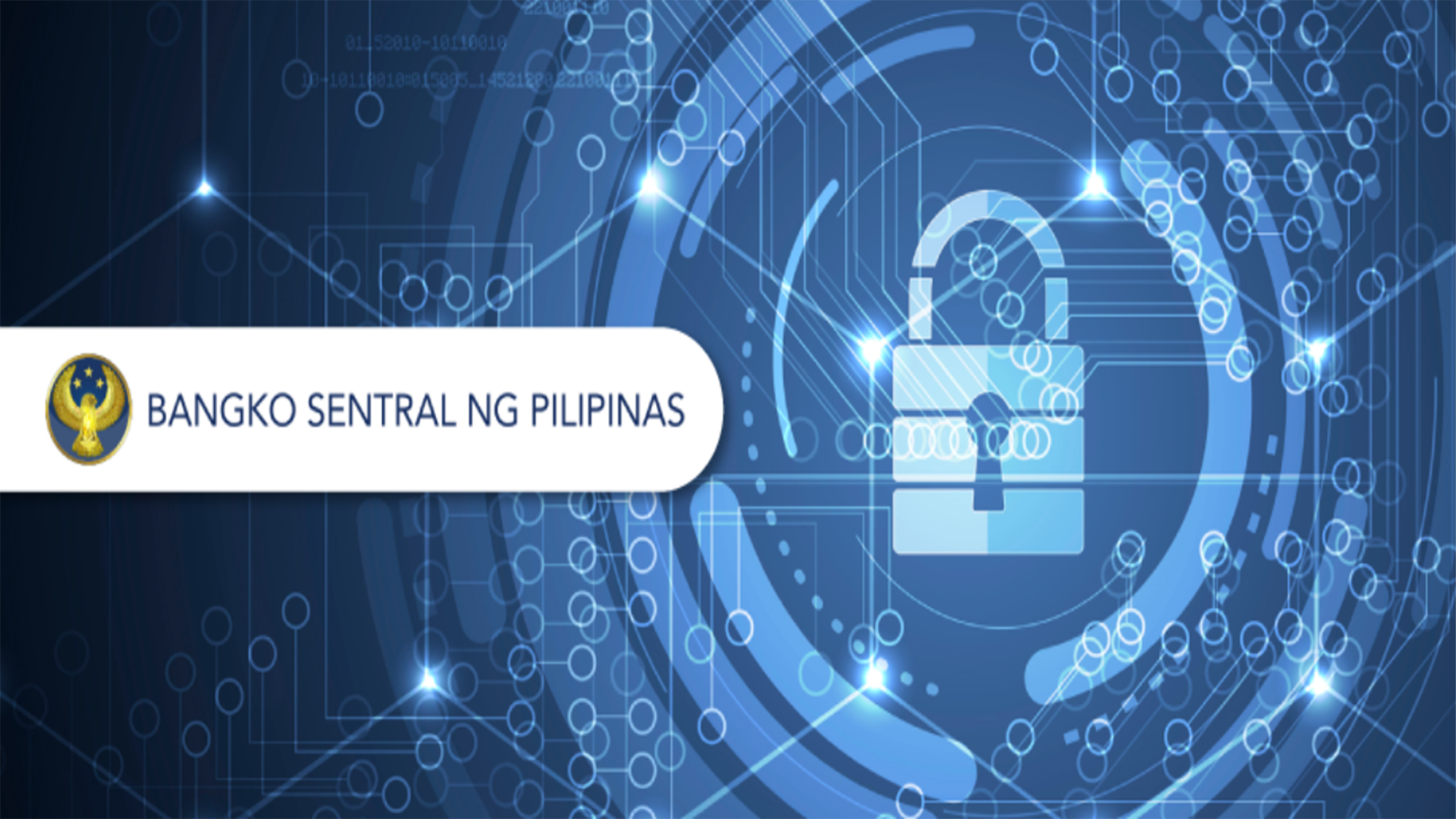BSP to boost cybersecurity of financial institutions to protect clients from online fraud and illicit activities.
The Bangko Sentral ng Pilipinas (BSP) has completed a super app that would strengthen banks’ cyber resilience through industry-wide initiatives to protect clients cyber threats and attacks amid the increasing usage of digital banking.
The central bank said that it has completed the Advanced SupTech Engine for Risk-Based Compliance (ASTERisC*) which will be deployed soon to strengthen the industry’s cybersecurity.
“ASTERisC* is a unified regulatory and supervisory technology (RegTech and SupTech) solution that streamlines and automates regulatory supervision, reporting, and compliance assessment of BSFIs’ cybersecurity risk management,” Business World quoted the BSP.
Aside from ASTERIsC, BSP will also be issuing the Financial Services Cyber Resilience Plan which is prepared by the central bank’s Financial Supervision Sector-Technology Risk and Innovation Department.
The plan is expected to strengthen the cybersecurity regulatory and supervisory environment. It will also serve as the primary framework for cyber protection policies and initiatives in the financial services industry.
“The BSP continuously engages the BSFIs, relevant government agencies, and industry associations for a cohesive and industry-wide approach to addressing emerging threats and risks, as well as enhancing cyber incident response, threat intelligence, and overall situational awareness in the country,” the central bank said.
BSP’s inducement for increased security
Former BSP Governor Benjamin E. Diokno said last December that the central bank is looking in issuing stricter cyber defense measures following the hacking instances involving BDO Unibank, Inc. and UnionBank of the Philippines, Inc.
These hacking incidents prompted the BSP to take stricter measures to protect clients’ information and improve the online banking experience.
A month after that, the National Bureau of Investigation (NBI) arrested several figures behind this hacking incident which affected more than 700 BDO clients.
To protect the clients at that time, the central bank approved BSP Circular No. 1140 last March which states that financial institutions must have an automated and real-time fraud monitoring and detection system. This would help amend risk management regulations and minimize losses from online fraud.
“The BSP constantly reminds the public to practice cyber hygiene under its cyber awareness and digital literacy program themed, #E-Safety is Everyone’s Responsibility,” the central bank said
The latest data from BSP showed that the share of digital payments in the total volume of retail transactions in the country rose to 30.3 percent in 2021 from 20.1 percent a year earlier. Meanwhile, the value of online payments hit 44.1 percent of total retail transactions last year, which is higher than the 26.8 shares in 2020.
The Covid-19 pandemic has been one of the major causes for the increased usage of digital banking and online payments which is why the BSP is committed to enhancing the soundness and stability of the Philippine financial system.
Tags: #BSP, #OnlineBanking, #Fraud, #Cybersecurity

